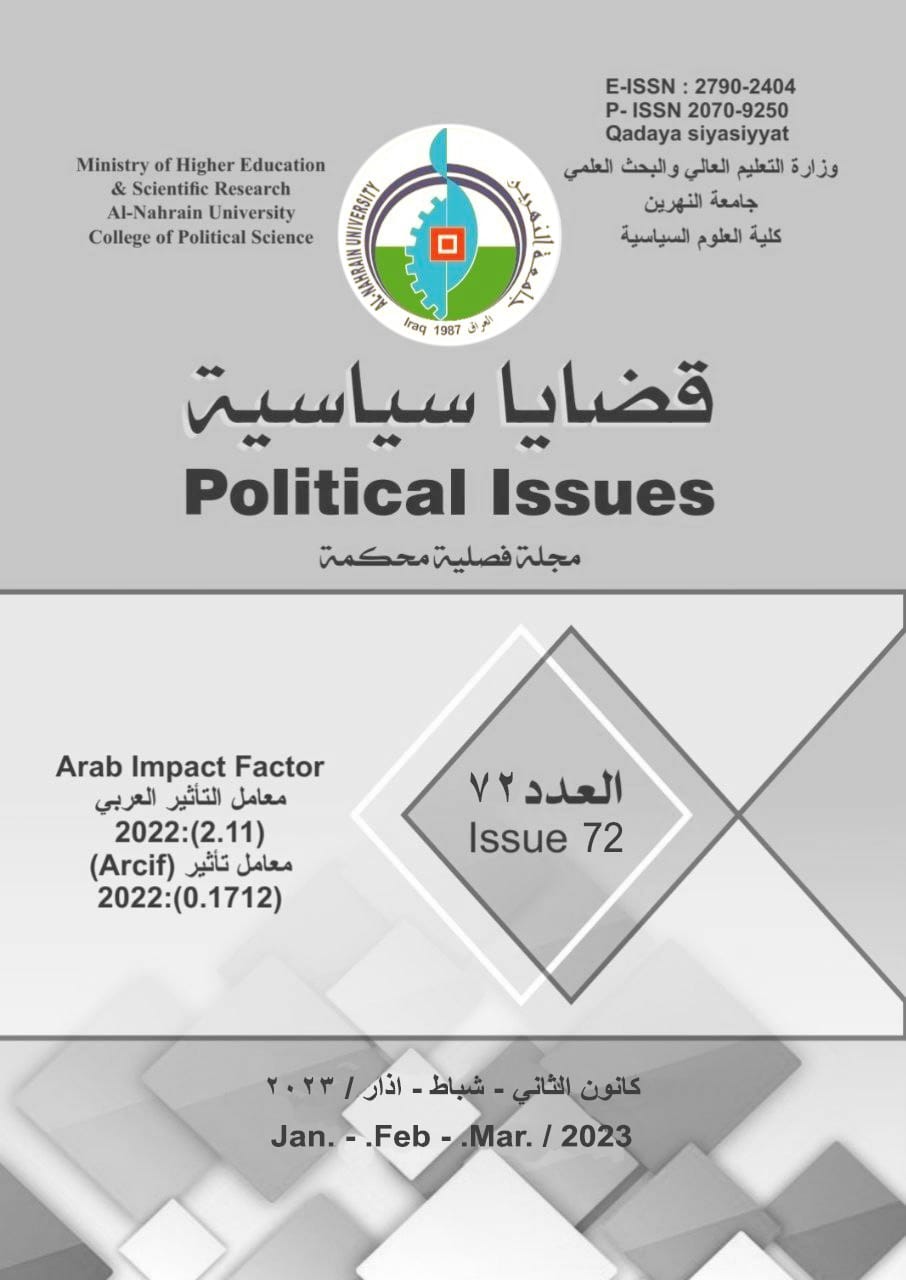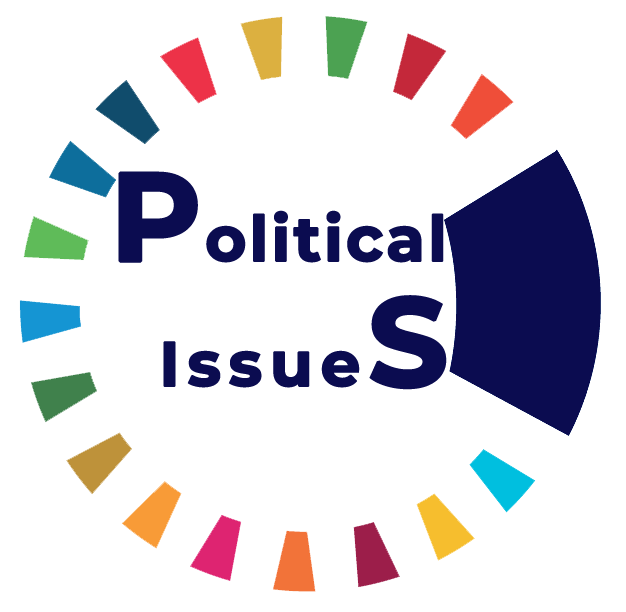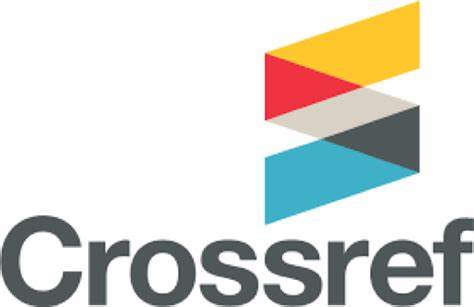Economic Sanctions as an Instrument of Pressure Exertion in International Politics: Iran as a model
DOI:
https://doi.org/10.58298/2023337Keywords:
economic sanctions, international sanctions, international peace and security, IranAbstract
With the development of international relations and the increase of economic interdependency within the international community, the use of aggression and wars has been gradually abandoned. Additionally, the development of intercontinental weapons and nuclear weapons has compelled the states of the world to use more rational methods when it comes to the imposition of international sanctions, therefore the latter became of an economic nature. Believing in the effectiveness of economic sanctions in addressing threats to international peace and security, the United Nations stipulated them in its charter and confirmed their significance through UN Security Council and through the General Assembly of the United Nations' historical resolution (Uniting for Peace).
Accordingly, international economic sanctions became economic measures that represent the collective will of the international community and are taken against a country or countries, within international legal regulations, with the aim of urging them to respect the rules of international law, and not to take action that threatens international peace and security. The international economic sanctions imposed on Iran are considered a new kind of sanctions because they target certain individuals and entities in particular, known as the smart economic sanctions. Therefore, economic sanctions have succeeded to some extent in curbing Iran's development of its nuclear program and its transition from a peaceful to a military one. The thing that was evident in Iran’s acceptance to participate in (5+1) dialogue in order to reach a deal pertains to its nuclear dossier.
Additional Files
Published
Issue
Section
License

This work is licensed under a Creative Commons Attribution 4.0 International License.
This is an Open Access article distributed under the terms of the creative commons attribution (CC BY) 4.0 international license which permits unrestricted use, distribution, and reproduction in any medium or format, and to alter, transform, or build upon the material, including for commercial use, providing the original author is credited.






